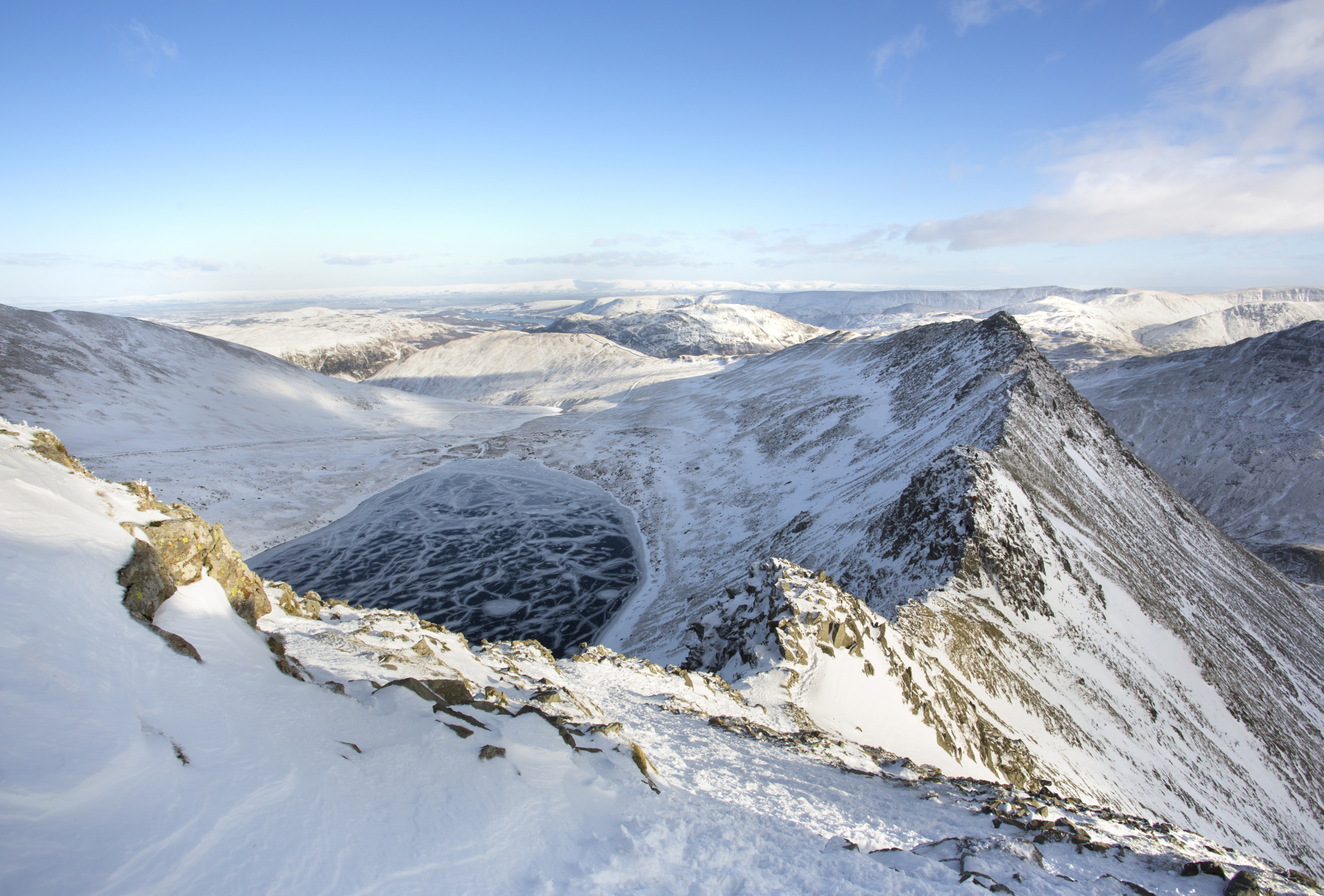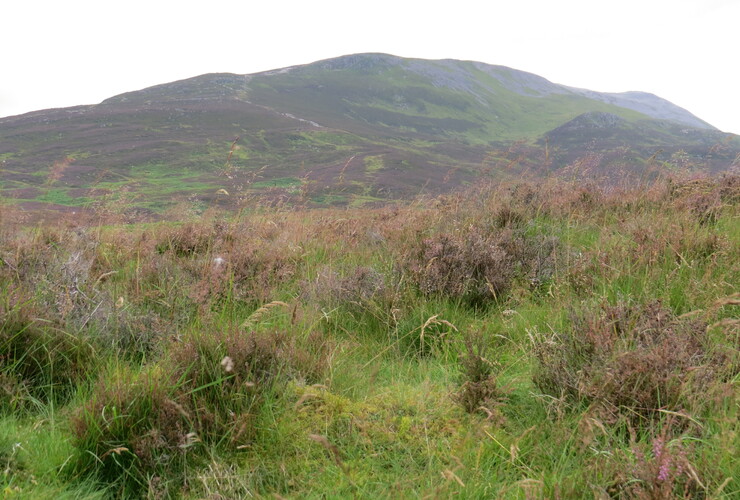From Russia with love
How a midlife crisis on a Russian mountaineering trip inspired Andy Higson to create Blackdog Outdoors - a platform for connecting people with nature to improve their mental wellbeing.
At the John Muir Trust, we believe that wild places are an essential part of a healthy society. Our Wild and Well campaign over the past month has highlighted just how much evidence there is – both scientific and anecdotal – supporting the powerful connection between human wellbeing and nature. Few organisations embody the belief in this connection more practically than Blackdog Outdoors.
The Trust’s Media and Communications Officer Sophie Harrison met with its founder to talk about Blackdog’s beginnings and its impact so far.
Sophie: Happy Friday! Got any good weekend plans?
Andy: Yes! I’m heading to the Lake District for a Blackdog event. We’ll be walking, paddling and climbing. Weather isn’t looking great but that doesn’t matter, we always have fun. It’s the people that make these events.
Sophie: You’re a civil engineer by day, how did you first start making the connection between outdoors and wellbeing?
Andy: My job can get stressful at times, and I‘ve always thought of the outdoors as my therapy, my coping strategy. When the stress levels get too high I’ll pack a bag and go camping or walking – just get away from phones, TVs, all that noise in the background.
When Mental Health First Aid training was offered at work I volunteered. I thought I had an appreciation for mental health, but this was a real eye-opener for me. It got me thinking about how I could share the benefits that I get from the outdoors with others.
Sophie: How did you set up Blackdog Outdoors?
Andy: I had a kind of midlife crisis and decided to climb Mount Elbrus in Russia with a group of strangers. They were people from all over the world, but we had all made this trip for similar reasons. Sat around the dinner table in the evenings – and once the conversation finally moved on from bodily functions – we got to talking about why we go to the mountains. All of us said similar things – it was about escape, getting away from things and about challenging yourself.
So I came home and created Blackdog Outdoors as a website to signpost people to information on how they can get outdoors and do it safely. What clothing they should consider, where they can get information on weather forecasts, and so on.
We started getting feedback from people saying that we had loads of really useful information on there, but they were still anxious about going on a trip by themselves.
Sophie: Is that what inspired your first organised event?
Andy: Yes. At the end of 2019 we hosted our first organised walk. We were quite naïve, thinking our project would only appeal to a few people, and maybe it would just be an annual thing. We had about 30 people show up, and this weekend will be our 69th event!
Sophie: Can you remember the first time you thought – “this is exactly why I set up Blackdog”
Andy: That very first walk we did. We met in a car park and all the attendees were staring at their shoes, arms folded, defensive body language. We went for the walk, and I looked back at the group on the way back down the hill – they looked like they’d known each other for years. They were chatting, they were laughing, they were arm in arm. It was amazing.
We’ve learned a lot since then. We’re constantly iterating based on feedback, while staying true to our core beliefs of inclusivity and keeping the events free.
Sophie: What are the barriers you see for people trying to connect with nature for their wellbeing?
Andy: When we first started we were focused on guided walks up mountains. It became apparent very quickly that this just wasn’t accessible for a lot of people. If you can’t afford the waterproof gear, or even the car or fuel to get to the start point, that’s a huge barrier. We get a lot of people with social anxiety too, for whom a walk with total strangers is really daunting.
We’ve had some people turn up, see the group, and immediately turn around to go home. Everyone needs to take things at their own pace. Many of these people come back, join us and go on to do inspirational things themselves and help others.
We’ve started doing more community-based activities. Just yesterday I took a few families for a walk around their local green space – they were in trainers and jeans, and arrived by public transport. They got as much out of that day as I would’d get out of going up a mountain in the Lakes or the Highlands.
Sophie: Do you think the conversation about nature and mental health is changing?
Andy: I do yes. I see a lot more people accessing the outdoors now for mental health benefits as well as physical health benefits. Just under half of our attendees have confirmed a diagnosed mental health condition. We know from surveys that 95% of our attendees say that the event helped improve their mood and sense of wellbeing. So that speaks volumes. We always have a Mental Health First Aider at our events.
Sophie: What impact do you think this is having on people’s awareness about the need to look after wild spaces?
I think people are taking more of an interest in conservation because of the wellbeing benefits they’re seeing in themselves, from spending time in nature. We try to make this a key part of our events. We talk about litter, path erosion, rewilding. We try to use the opportunities to educate – because many of these people aren’t familiar with the code of conduct outdoors. I think it’s a really positive evolution that people are realising we need these wild places not just for wildlife’s sake, or for the sake of the climate, both of those can feel quite distant for a lot of people, but for our own individual health and happiness too.



